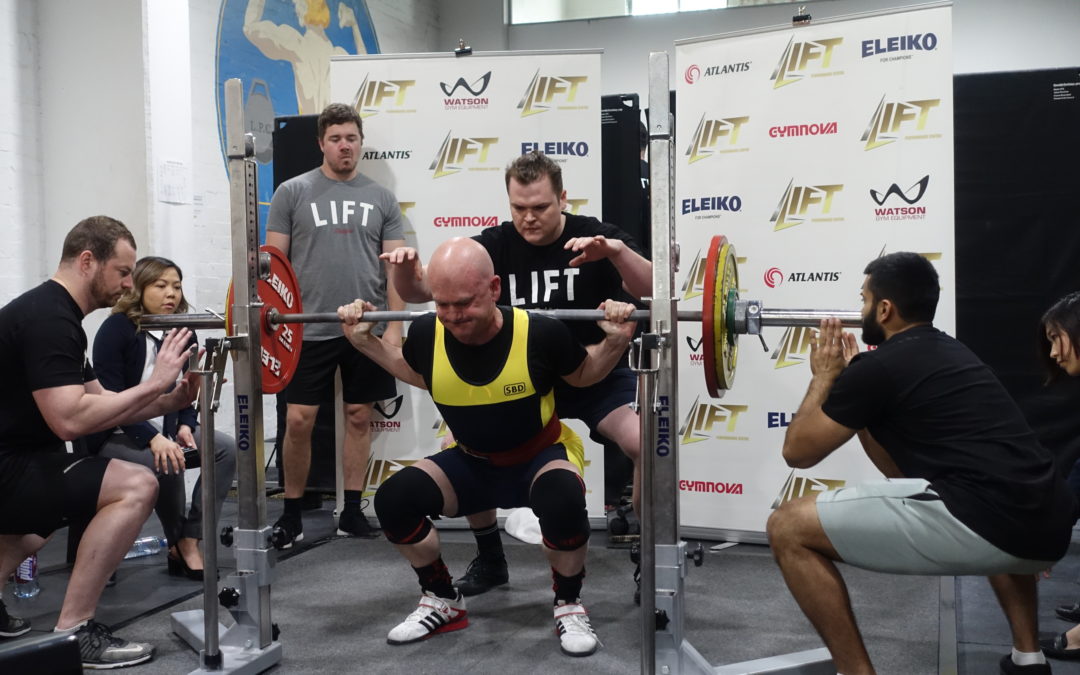Here is a recent piece I wrote for the Barbell Medicine newsletter, detailing the problem with PRs.
Personal records (PRs) are the best thing about training. When we first start lifting we get PRs all the time, and it becomes addictive. This is the hook that gets most of us into a long-term habit. The problem as we become more advanced, is that we PR less and less often. If you’re like me, you might get excited to PR once a year!
Training should be a lifelong pursuit. If our motivation for training is predicated on PRs, then how will we stay motivated enough to keep training when those PRs become less frequent, or even disappear?
What I propose is a different way of deriving motivation for training. Rather than focusing on the instant gratification of PRs, I suggest we take a bigger picture approach by deriving satisfaction from the step-by-step process of training. In other words, I think becoming more process-oriented instead of strictly goal or outcome-oriented.
Each session we do is a step. There is no such thing as a “good” or “bad” session, just steps in the process. If we’re in the gym following the program, we are succeeding! Put enough of these steps together and we are virtually guaranteed long term success.
This isn’t to say we shouldn’t enjoy PRs, but rather we should view them as bonuses along the way. They are little rewards for putting in work over time.
This approach fits nicely with the type of programming we provide at Barbell Medicine. As many of you work through RPE based programs you will notice the weight on the bar moving up and down, session to session, as you follow the RPE. Where people often go wrong is they attach emotion to taking weight off the bar. Consequently, this leads to overshooting, and an accumulation of unplanned fatigue.
If we are viewing training as a process, we detach emotion from the weight on the bar. Success is following the program and RPE prescription. The weight on the bar doesn’t matter, and we feel good about our training regardless of the objective outcome.
Although difficult to resist the seduction of the PR, it’s worth practicing time apart. If you can reduce your reliance on PRs for motivation, then you will find your general enjoyment of training greatly enhanced in the long term.
If you would like us to help you manage your breakup from PRs get in touch!
